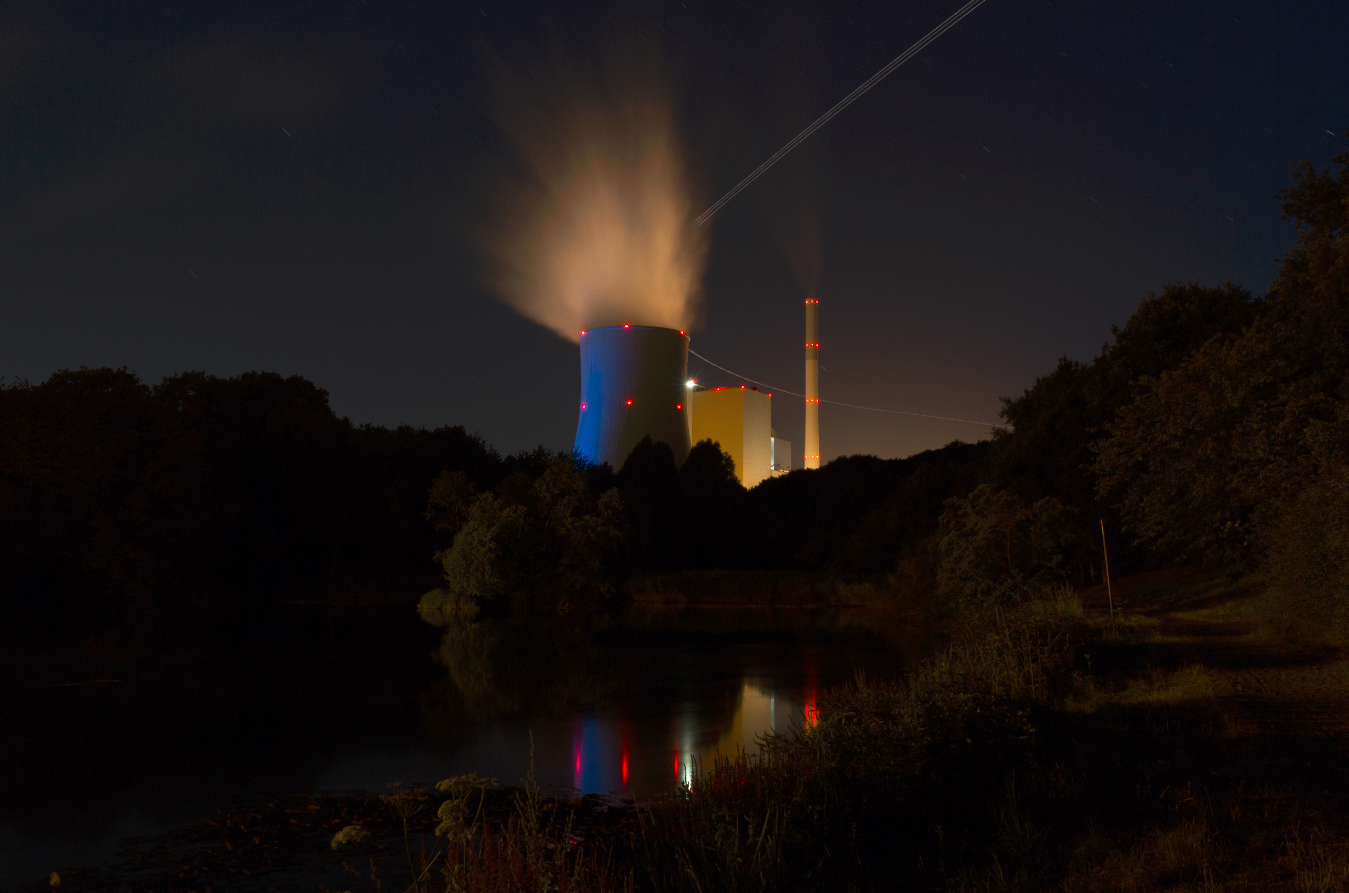Preview2019 - BEE: Coal exit will not be enough for Germany

Clean Energy Wire: Which topics or events do you think will dominate Germany’s energy and climate policy in 2019? Do you think the current government will be able to get its own energy and climate agenda done?
Peter Röttgen: Two important benchmarks on the political agenda will be the presentation of results by Germany’s structural transformation commission [“coal exit commission”] and by the working group on energy infrastructure acceptance. The latter is supposed to find answers to pending questions regarding the implementation of Germany’s 2030 goal to achieve a share 65 percent renewables share in power consumption and especially the acceptance of wind power. Also the Climate Action Law planned for 2019 and the European elections with its energy and climate policy implications will leave their mark on the year ahead.
It is up to the German government to fulfill the requirements necessary for a modern energy supply and especially to catch up on the integration of renewables in the heating and transport sectors. And it will have to make progress regarding sector coupling and energy storage. Moreover, even if this is a complex task, the system of taxes and levies needs to be revised as well as the installation of pricing CO2 emissions, which is necessary to create a ‘level playing field’ in this respect.
What are your expectations on Germany’s planned Climate Action Law? What needs to be included in the law to make sure the country lives up to its promises made in the Paris Agreement’s framework and what are its possible risks and pitfalls?
The Climate Action Law’s most important task will be to adjust national climate targets to the Paris Climate Agreement. It has to spell out how Germany intends to phase out fossil energy sources by 2050. Every sector will have to come up with emissions savings and it’s important that everyone knows their own target mark. That’s the way to plan a realistic pathway towards this important target. It’s about liability and accompanying instruments that create economic incentives and set political regulations at the same time.
Last not least, the climate action targets need to be deeply rooted to achieve compliance. This means that the affected ministries have to define their own contribution and to ensure implementation. In the energy sector, there has to be a framework for quantities and respective time horizons for all for the desired energy generation components that ensures security of supply for households, industry and for the transport sector. Regarding the market design, we expect a CO2 pricing mechanism that includes a reimbursement scheme for achieving a socially just steering mechanism.
What has been your impression of the work done by Germany’s coal exit commission so far? Will it be enough to help Germany regain a leadership role in the international energy transition?
For many years, Germany demonstrated how technological progress and climate action can go hand in hand. But a lack of appropriate framework conditions meant that the desired emissions reduction nevertheless didn’t take place. The structural transformation commission has to amend this and develop viable concepts not only for the energy sector but also for the economic development of the affected regions. Coal-fired power production will be reduced to achieve emissions reduction targets and this automatically means there will be more open capacity in the energy system for other market players. Renewable energy expansion should be promoted in parallel.
However, it should not be forgotten that a coal phase-out alone will not be enough. At the same time, it is important to press ahead with infrastructure construction, especially regarding sector coupling, energy storage and new flexibility options. This would allow Germany to return to its former leading role. The know-how and the technology are there for it, and the industrial potential is big.

